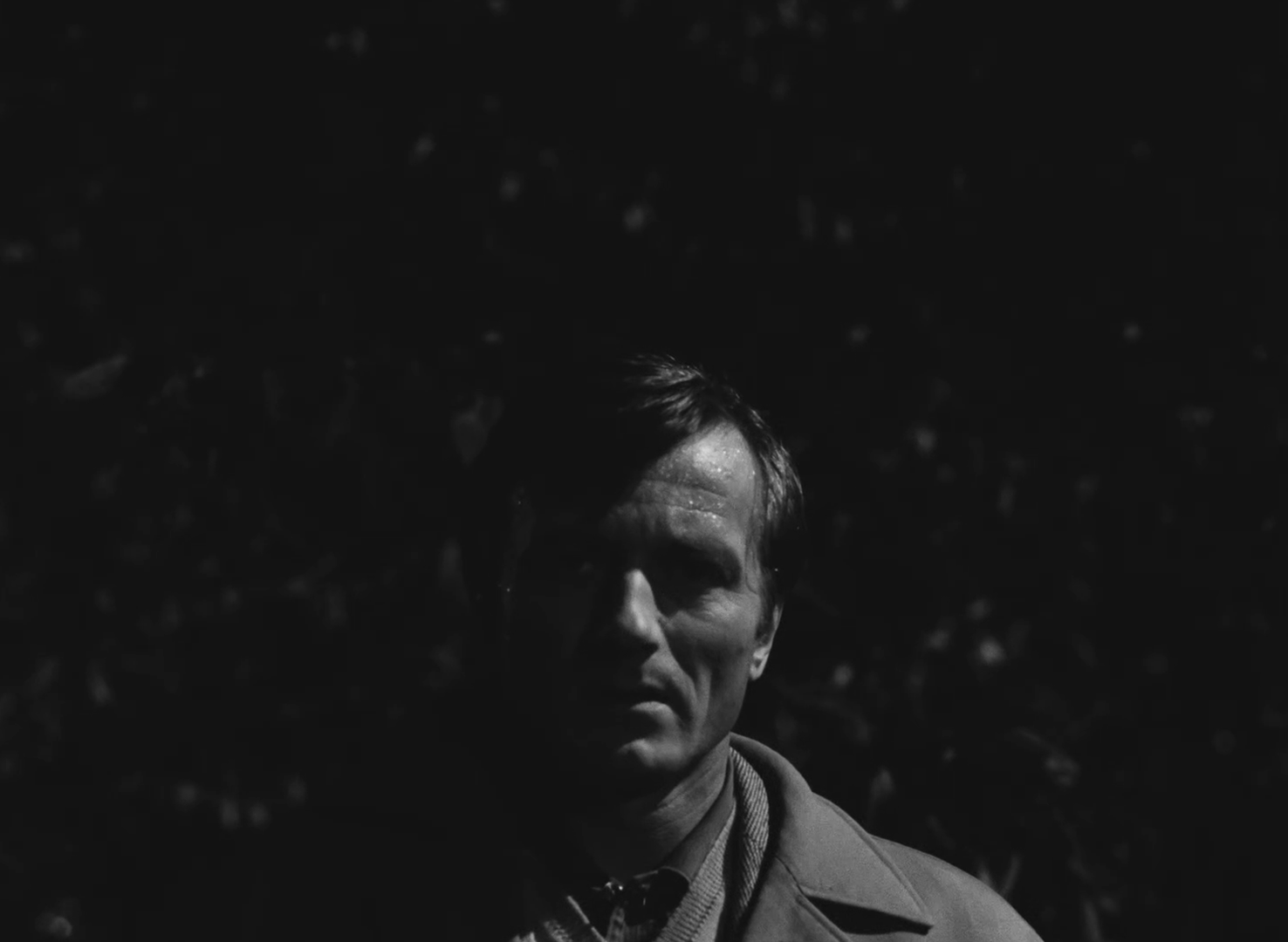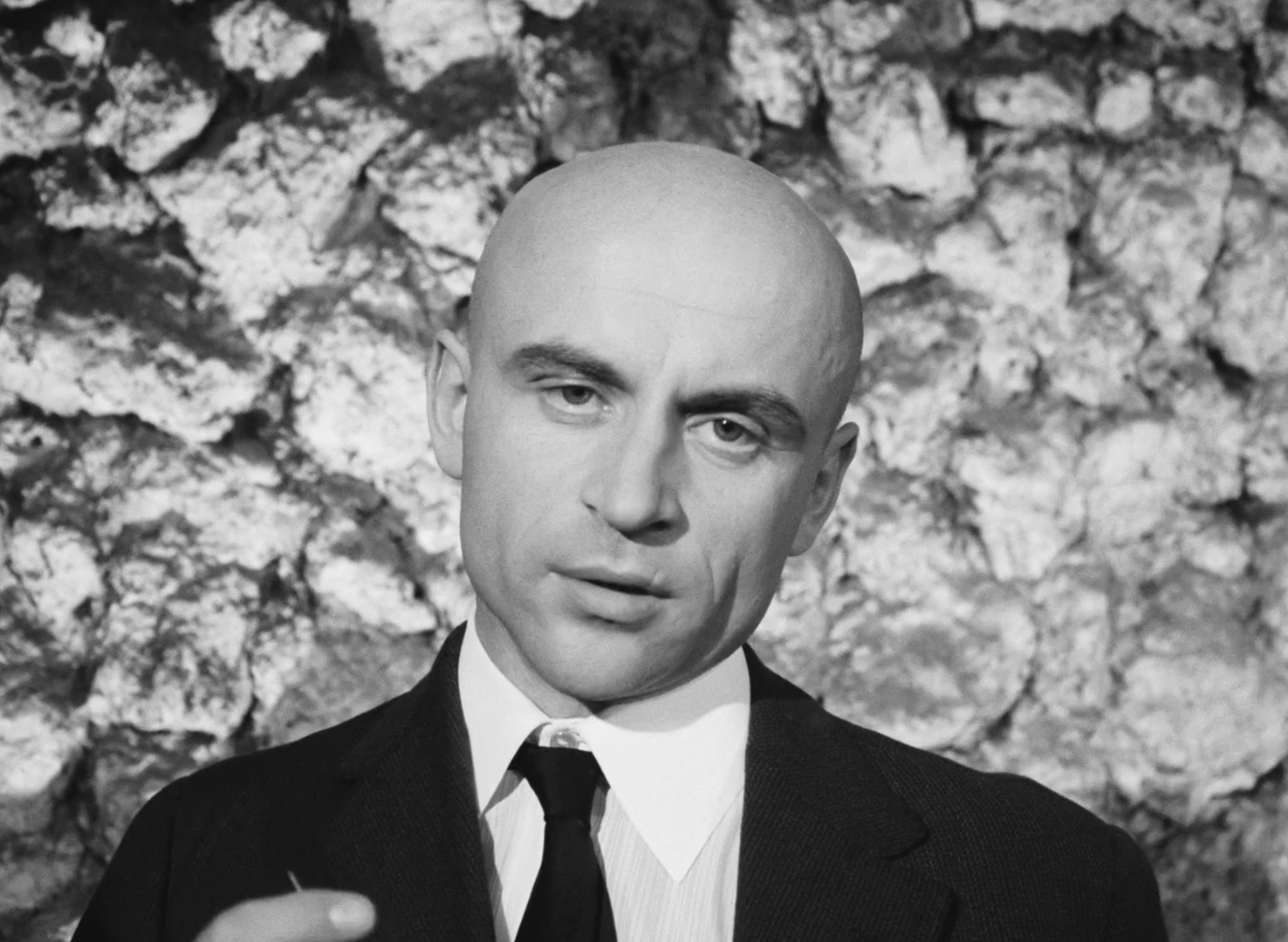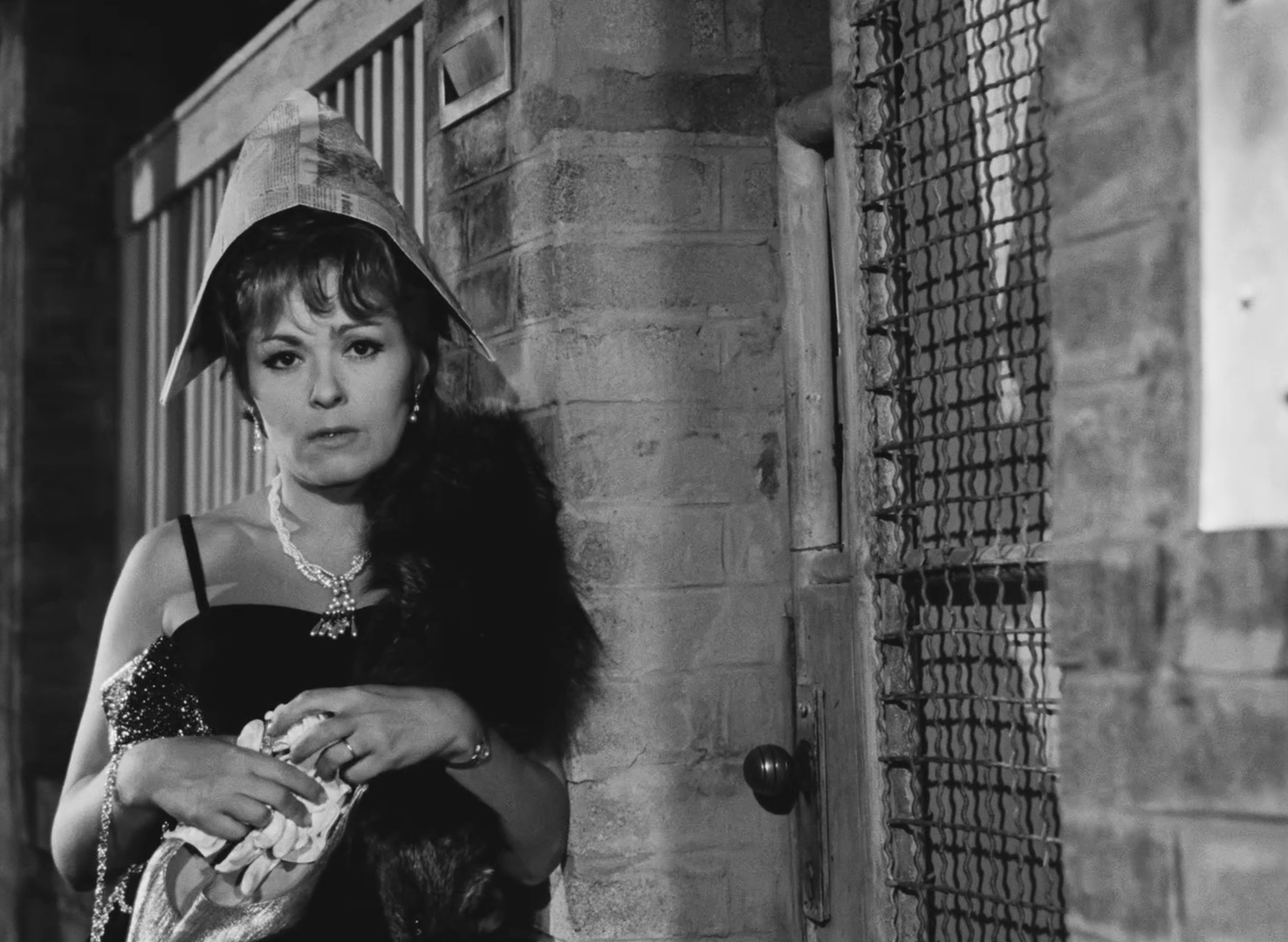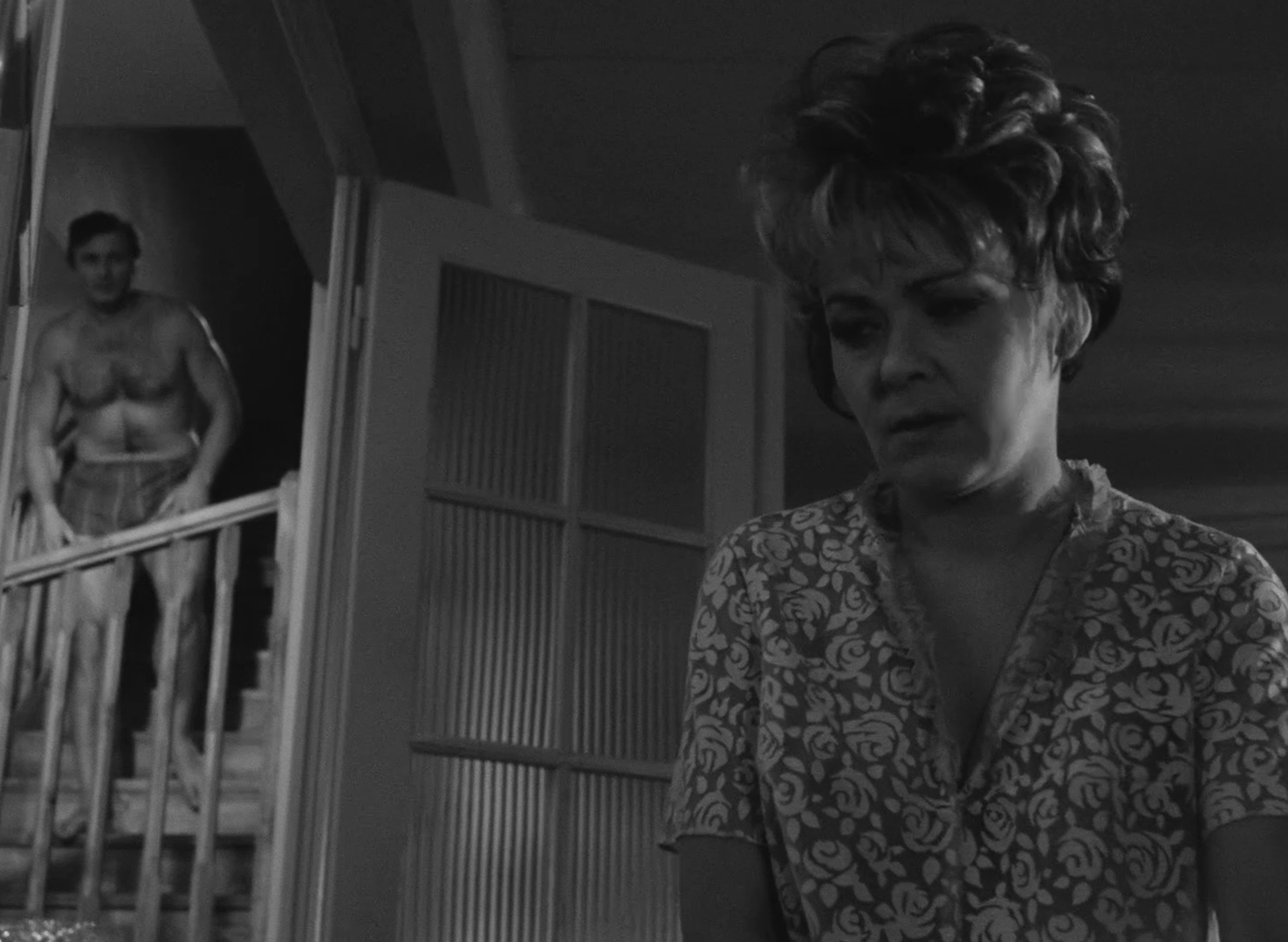Ucho (1970)
The Ear (Ucho, 1970), directed by Karel Kachyňa, is a 94-minute black-and-white psychological drama and political thriller that was banned immediately after its completion and remained unseen until 1989. Shot on 35 mm film, the film is a chilling portrayal of surveillance, paranoia, and state control in Communist Czechoslovakia.
Written by Jan Procházka, with cinematography by Josef Illík and music by Luboš Fišer, The Ear is an incisive critique of authoritarian power structures, often compared to the works of Kafka and Orwell for its claustrophobic atmosphere and moral urgency. Its delayed release turned it into a symbol of artistic resistance against censorship in the Eastern Bloc.
While a handful of openly sociocritical works that managed to be made in the 1960s examined the destructive impact of totalitarian machinery on the lives of ordinary citizens of Communist Czechoslovakia, Ucho (The Ear) boldly focused its critical probe directly on the highest political circles. In the confines of the four walls of a government villa, during a single night, a striking and exemplary drama unfolds, focusing on one of the leading figures of the party elite, who is threatened with immediate removal and possibly even physical liquidation as part of a tough power struggle. The tense and darkly grotesque events of that anxious night are also a test of the central couple's relationship and an opportunity for penetrating examination of both characters, which gradually leads to unexpected results. Political drama is thus interwoven with the psychological, with the exceptional suggestiveness of the formally refined whole significantly contributed to by the excellent acting performances of Jiřina Bohdalová and Radoslav Brzobohatý.
︎︎︎ Watch Ucho (1970) at kviff.tv














